The quake, followed hours later by a second one almost as powerful, toppled thousands of buildings including hospitals, schools and apartment blocks, injured tens of thousands, and left countless people homeless in Turkey and northern Syria.
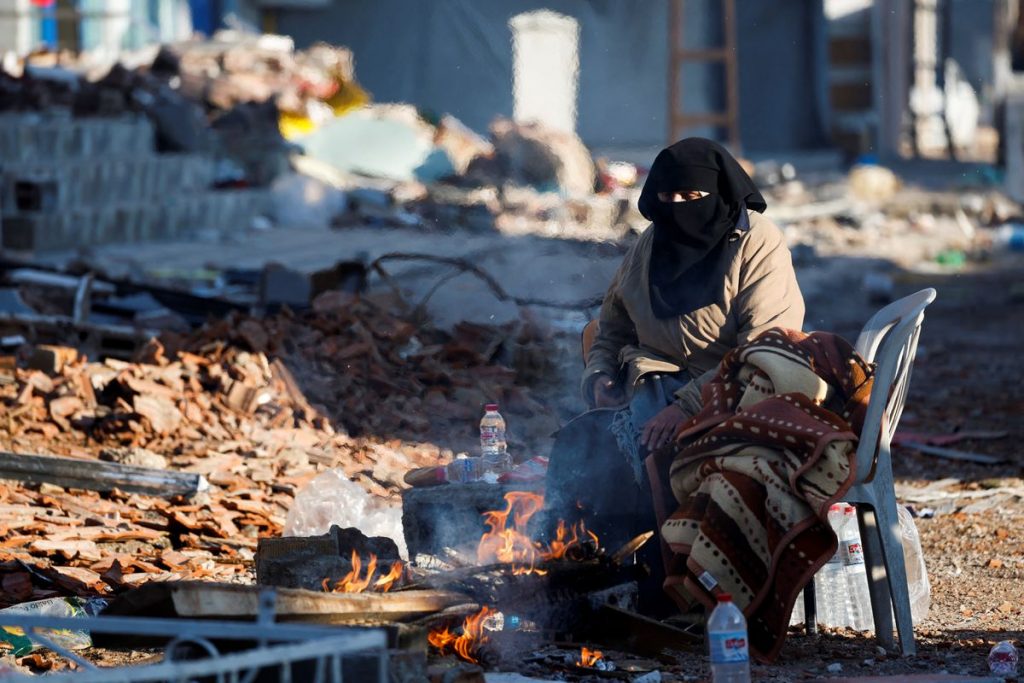
Rescue workers have struggled to reach some of the worst-hit areas, held back by destroyed roads, poor weather and a lack of resources and heavy equipment. Some areas are without fuel and electricity.
Aid officials voiced particular concern about the situation in Syria, where humanitarian needs were already greater than at any point since the eruption of a conflict that has partitioned the nation and is complicating relief efforts.
The head of the World Health Organization has said the rescue efforts face a race against time, with the chances of finding survivors alive slipping away with every minute and hour.
In Syria, a rescue service operating in the insurgent-held northwest said the number of dead had climbed to more than 1,280 and more than 2,600 were injured.
“The number is expected to rise significantly due to the presence of hundreds of families under the rubble, more than 50 hours after the earthquake,” the rescue service said on Twitter.
Overnight, the Syrian health minister said the number of dead in government-held areas rose to 1,250, the state-run al-Ikhbariya news outlet reported on its Telegram feed. The number of wounded was 2,054, he said.
Turkey’s deadliest earthquake in a generation has handed Erdogan a huge rescue and reconstruction challenge, which will overshadow the run-up to the May elections already set to be the toughest of his two decades in power.
The vote, too-close-to-call according to polls before the quake, will determine how Turkey is governed, where its economy is headed and what role the regional power and NATO member may play to ease conflict in Ukraine and the Middle East.














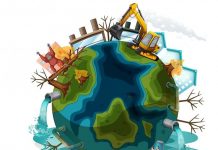


















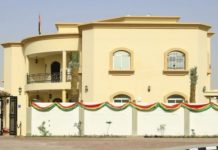
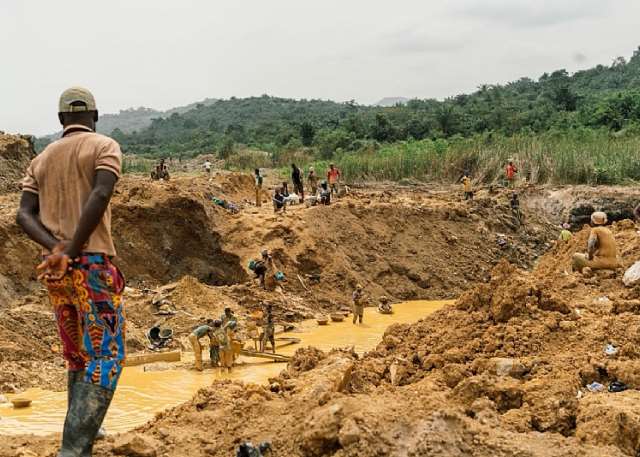

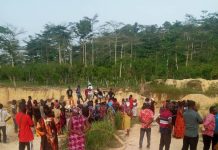





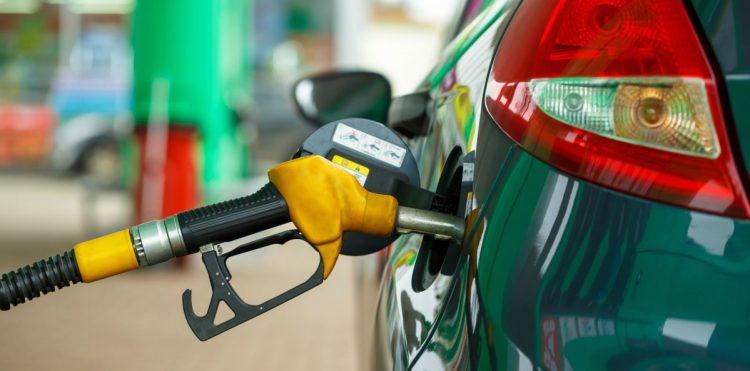













![[FREE FREE MONEY] Predict and Win a Guaranteed GH¢200 From Us EVERY WEEK](https://wordpress.ghanatalksradio.com/wp-content/uploads/2022/02/Predict-and-Win-Final-09-03-2021-218x150.jpg)
![[Predict & Win – 8th/Oct.] WIN A Guaranteed ¢200 From Us This Week](https://wordpress.ghanatalksradio.com/wp-content/uploads/2021/10/maxresdefault-16-218x150.jpg)
![[Predict & Win – 2nd] WIN A Guaranteed ¢200 From Us This Week](https://wordpress.ghanatalksradio.com/wp-content/uploads/2021/09/maxresdefault-50-218x150.jpg)
![[Predict & Win – 25th] WIN A Guaranteed ¢200 From Us This Week](https://wordpress.ghanatalksradio.com/wp-content/uploads/2021/09/maxresdefault-36-218x150.jpg)
![[Predict & Win – 18th] WIN A Guaranteed ¢200 From Us This Week](https://wordpress.ghanatalksradio.com/wp-content/uploads/2021/09/maxresdefault-23-218x150.jpg)
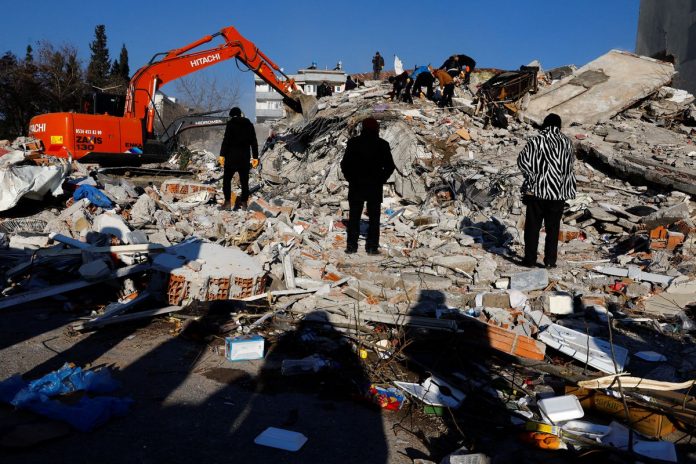
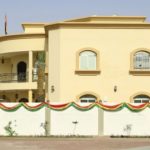

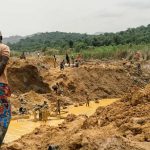




![[National cathedral] See full list of churches that have contributed since 2018](https://wordpress.ghanatalksradio.com/wp-content/uploads/2020/09/Ghana-National-Cathedral-GhanaTalksRadio-100x70.jpg)
![[Nigeria Election 2023] Peter Obi insists he won, vows to expose Tinubu’s alleged fraud: ‘We won the election and we will prove it’](https://wordpress.ghanatalksradio.com/wp-content/uploads/2023/03/Peter-Obi.-100x70.jpg)
![[July 4 shooting] Elderly man from Mexico, synagogue teacher among dead in Chicago suburb shooting](https://wordpress.ghanatalksradio.com/wp-content/uploads/2022/07/H7UXXN2ZXNLCPGSI5ORHFDGJCY-100x70.jpg)

